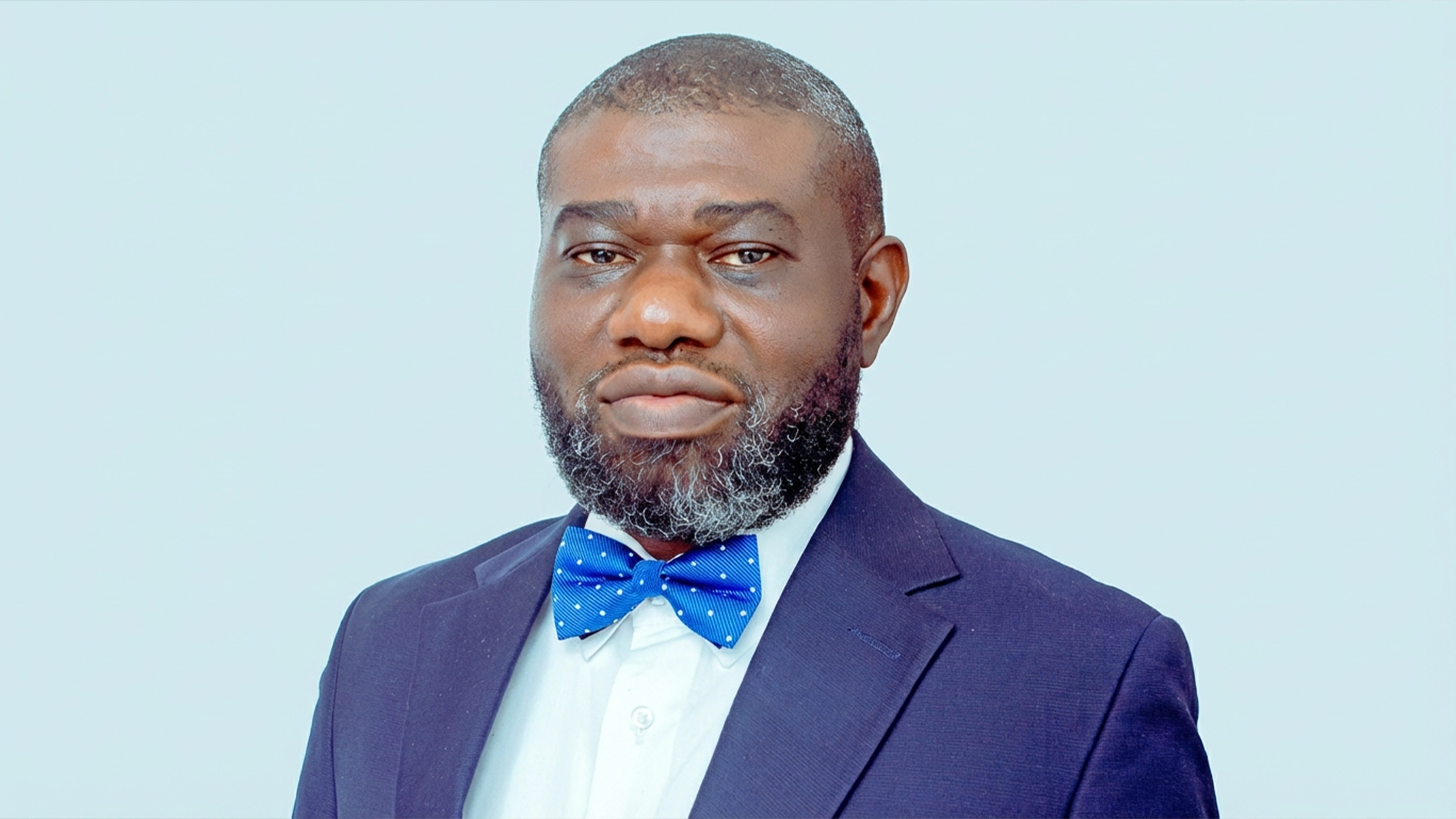SIR: Twice in the past two months, Anambra State Governor, Prof. Charles Chukwuma Soludo, publicly amplified the issue of zoning while canvassing for the support of stakeholders in the state for his re-election in November. The former Governor of Central Bank of Nigeria (CBN) began this campaign a few weeks ago at a rally in Otuocha, Anambra East Local Government Area where some stakeholders in Anambra North senatorial district endorsed him for a second term.
Again, at a rally organised for him in Awka, the state capital by Anambra Central stakeholders, the Professor of Economics made reference to an unbroken zoning formula in Anambra State. In what looked like tying the destiny of Anambra State to his political ambition, Soludo warned that anybody opposing his second term would be disrupting the seamless zoning in the state.
I will quote his words: “I want to remind you people that we have zoning system in Anambra. It started with the Central zone with Peter Obi. When it finished, everyone agreed that for there to be order, fairness and equity, that zoning be institutionalised.
“After then, it went to the North and for eight years Obiano was governor and after that, it went to South (where Soludo hails from) and South is going to have it for eight years. After it would be Central again…. Anyone coming from South to contest against me, wants power to stay in the South for 12 years.”
As an Anambra indigene, I am concerned that after spending more than three years in office, our governor still banks on a “bogus” zoning arrangement, to return to office for a second term. I described the purported zoning formula in Anambra as “bogus” because I know it only exists in the imagination of those bandying it about.
It is a lie to say that zoning started from Central zone with Obi. Obi was not the first Governor from Central under this democratic dispensation. Obi took over from Dr. Chris Ngige, also from Central. Before Ngige, Dr. Chinwoke Mbadinuju from Anambra South was governor from May 1999 to May 2003 on the platform of Peoples Democratic Party (PDP). Mbadinuju was dropped by PDP for Ngige.
Ngige stayed 34 months (two years and 10 months) in power, following the nullification of his election by the Governorship Election Petition Tribunal in Awka, in favour of Obi, who was the candidate of the All Progressives Grand Alliance (APGA) for the 2003 Governorship Election in Anambra State. Both Ngige and Obi from Central stayed 10 years, 10 months in power. That is two months shy of 11 years.
Contrary to the claim of Soludo that zoning started with Obi, it was vice versa. Obi was the person who invented the zoning arrangement in a desperate bid to impose his preferred successor on the state while leaving office in 2014. The said zoning arrangement enabled Obi to bring back Obiano, a retired deputy managing director in his Fidelity Bank from faraway United States of America, to become the governor of Anambra State on APGA platform. While leaving power, Obiano reinvented the “conjured” zoning arrangement to impose Soludo, his preferred candidate on the people.
There was never a zoning arrangement everyone agreed to as claimed by Soludo. I have severally heard other political parties say that whatever zoning arrangement in APGA was not binding on them. I am aware that some political parties participating in the coming governorship election, such as the PDP and the Young Progressive Party (YPP) chose their candidates from outside Anambra South senatorial district, where Soludo hails from.
At this juncture, let me say that I do not begrudge Soludo for working vigorously to outmaneuvre other strong candidates from Anambra South, such as the candidates of the All Progressives Congress (APC), the Labour Party and the African Democratic Congress (ADC). But in doing so, he should not engage in grand deception, which the purported zoning arrangement represents.
Anybody claiming that zoning started with Obi is being clever by half. Based on the facts that I have presented above, by the next transition date, every senatorial district in Anambra State would have had at least, two terms of eight years since 1999. The South had one term under Mbadinuju (1999-2003). Central had two terms and almost three years under Ngige and Obi (2003-2014). North had two terms under Obiano (2014-2022). The second term of the South is ongoing under Soludo. If we add late Dr. Chukwuemeka Ezeife’s two years as governor of Anambra State during the truncated Third Republic, the South would have ruled for 10 years by the time Soludo’s current tenure elapse in March 2026.
Based on these facts, if there is anything that should decide how the people of Anambra State should vote in November, it should not be zoning. I remember that sometime last year, I wrote an opinion article, published in some national dailies, calling on political parties in Anambra State to prioritise competence and capacity in choosing candidates for the governorship election, instead of zoning.
In my opinion, zoning is antithetical to democracy. It is anachronistic. The practice is obsolete. Nigeria is the only country where I see people talking about zoning every election cycle. I challenge the proponents to tell me any other country in Africa where zoning is made an issue every election cycle.
Besides, Soludo is the person that I least expected to talk about zoning. As an incumbent, he occupies a more vantage position than his opponents in the coming governorship election. Every election is a referendum on the incumbent. Granted that an incumbent is constitutionally entitled to a second term, it is not automatic. If the incumbent has not done well, the people can look for a replacement. It happened in Anambra in the past. We have seen it in other states.
Dr. Chekwube Nzomiwu is an indigene of Ozubulu, Ekwusigo Local Council, Anambra State.






